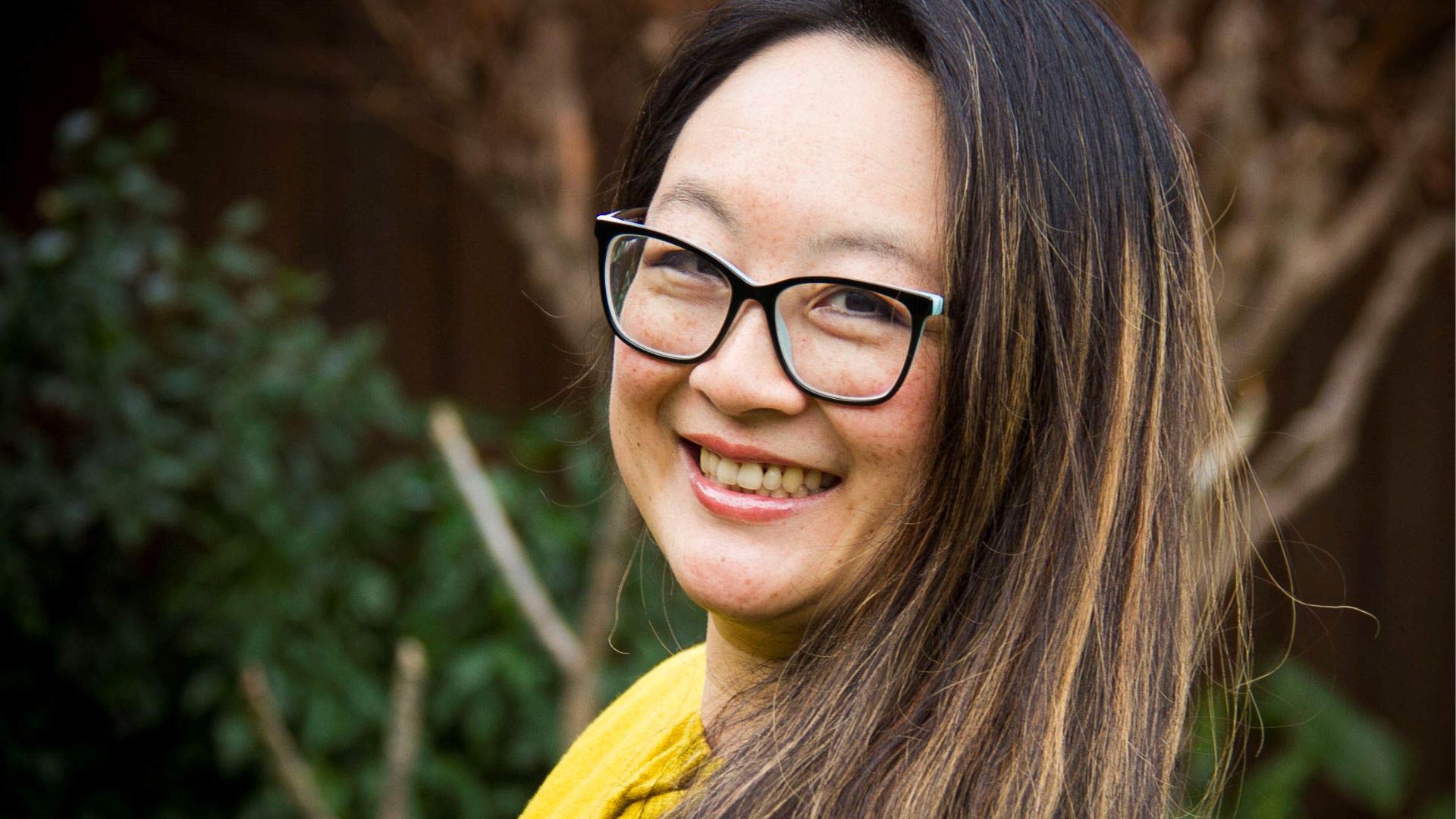August 1, 2022
Health consumer representatives reimagine their role after COVID-19 pandemic
New study reveals how the pandemic served as a backdrop for transformations in health consumer engagement
A new joint study by the Australian Centre for Health Engagement, Evidence and Values (ACHEEV) at the University of Wollongong (UOW) and Health Consumers NSW has revealed the COVID-19 pandemic was a crisis that unexpectedly enabled consumer representatives to transform their role as active partners in health services.
The study examined the experiences and activities of consumer representatives in healthcare services during the early period of the COVID-19 pandemic response in New South Wales (NSW). The study’s findings will be presented at a webinar on Thursday 4 August.
Health consumer representatives are members of the community who represent the views of healthcare users and the public, regularly advising and contributing to service delivery matters at local hospitals, Local Health District boards and other healthcare organisations.
Sociologist and ACHEEV Research Fellow, Dr Patti Shih, said health consumer representatives in New South Wales played a crucial role in bringing the voices of patients, carers and the wider community to the pandemic response - but not in the way they expected.
“We interviewed 30 consumer representatives from diverse backgrounds and communities across NSW to find out more about their experiences and challenges during the early stages of the pandemic,” Dr Shih said.
“It was important to learn about their experiences so we can understand where gaps are in the system and improve it.
“When the pandemic hit, an urgent focus was placed on acute hospital care and outbreak control and this understandably demanded a top‐down chain of command. The routine consulting and engaging with consumer representatives had to stop. Consumer representatives told us that this in itself showed that they were not as well-embedded in the decision-making processes of health services as previously thought.
“Indeed, as months passed, significant policy and service design decisions were made without the input from them. This included things like family visitations in hospitals and healthcare facilities, which impacted so many people during the pandemic.
“Yet it’s vital that health consumer representatives are included in decisions like this, particularly when it affects the wider community.
“It was quite incredible to learn about the innovative new ways consumers started networking and mobilising their communities.”
After it became clear health consumer representatives weren’t going to be a priority in pandemic related service design, consumer representatives mobilised their own networks to lead new ways of engaging during the pandemic. Some of this work was supported by Health Consumers NSW, an organisation that represents the interests of patients, carers and their families in NSW.
“Some of the consumer-led work included research and policy recommendations in hospital visitation policies and telehealth. There were also some impressive local community mobilisations organised by consumer representatives, particularly in regional and rural communities that influenced various improvements in COVID-related healthcare delivery.”
The study showed that consumer representatives were an important part of a resilient healthcare system, having the capacity to adapt, adjust and strengthen their way of working in the face of shocks and disruptions. Rather than waiting to be ‘asked’ to be involved by decision-makers, like they had been before, consumer representatives were proactive in shaping the healthcare agenda.
Dr Shih said consumer engagement should become a 'new normal', rather than an afterthought. The study clearly demonstrated this.
“The biggest takeaway we have from this study is that when we’re planning for future emergencies, we should use new and existing consumer engagement networks and consumers should determine their role in the system partnerships, not the other way around.”
The study and its findings will be discussed at a public webinar on Thursday 4 August 2022 at 12pm. The event is free but attendees must register online to attend the event.
